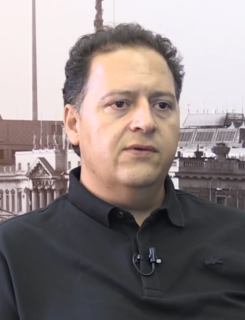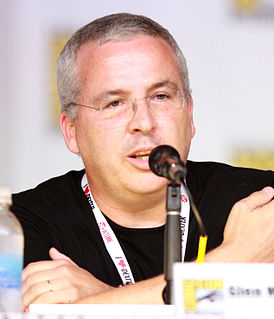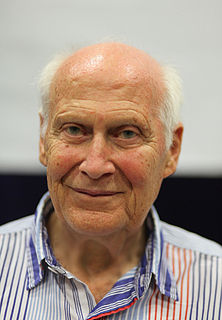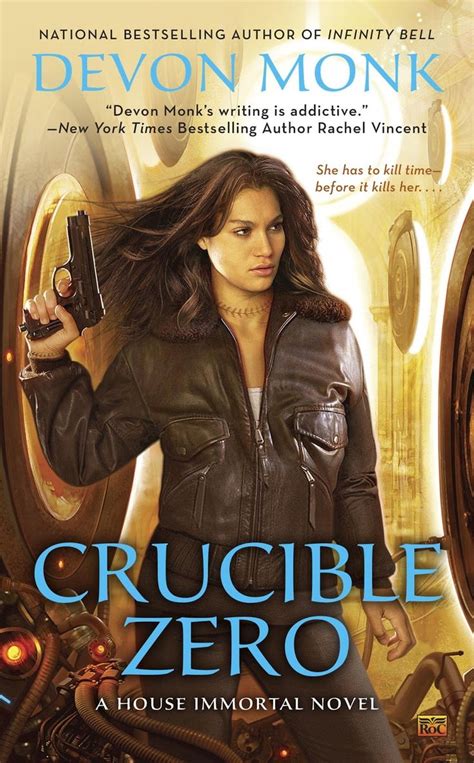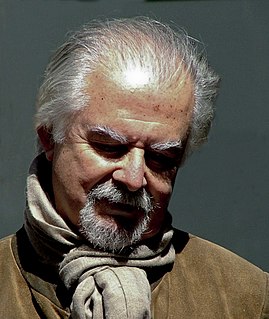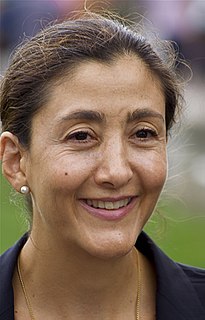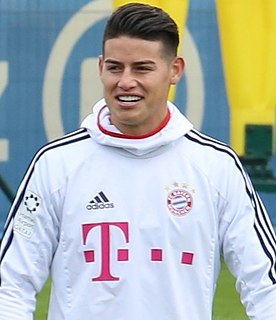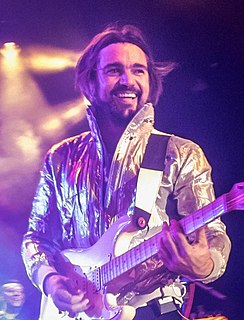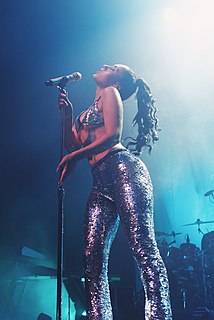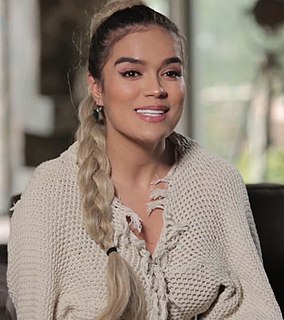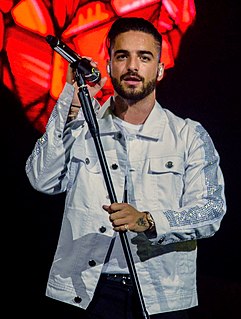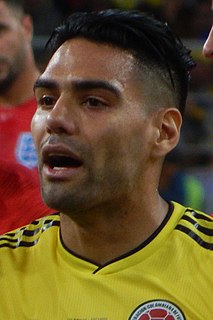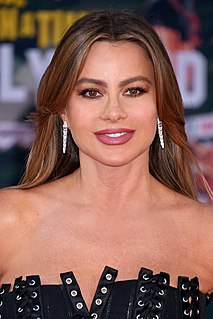A Quote by Juan Pablo Escobar
For every stone that [Pablo Escobar] threw, he would get many thrown back at him and us, his family, because we were the most vulnerable. In these types of extreme situations, we learned about the consequences of violence and that is why we did not go down the same path.
Related Quotes
I would argue with my father [Pablo Escobar] about his violent attitude and I would tell him to stop his violent ways and to think about peace as an alternative, especially given the many problems he was having. However, he would reply almost immediately by telling me "you are forgetting that the first bomb that exploded in Colombia was an attempt against you, your sister, and your mother - I did not invent narcoterrorism, narcoterrorism was first used against my family.
I am not saying this to serve as a justification for the things [Pablo Escobar] did, but rather to demonstrate the context of his situation and the reason for his actions, for which only he is responsible for. I think it was very difficult for him to try to bring down the very criminal organization that he had created and by the time he wanted to stop, he was unable to.
Is it any wonder the power this man held over me - this man who did not run from his demons like most of us do, but embraced them as his own, clutching them to his heart in a choke-hold grip. He did not try to escape them by denying them or drugging them or bargaining with them. He met them where they lived, in the secret place most of us keep hidden. Warthrop was Warthrop down to the marrow of his bones, for his demons defined him; they breathed the breath of life into him; and without them, he would go down, as most of us do, into the purgatorial fog of a life unrealized.
But I felt like Pablo Escobar felt like he was an honorable businessman. And when he killed people, I think he felt he did it because they were honorable. That they were liars and were trying to cheat him. I don't think he had a lot of respect for the politicians in Columbia at the time, so he had quite a lot of fun killing them.
The basic idea is that there is this group that, over the centuries, has learned to control reincarnation. John's character stumbles into that realization, and it's a lot closer to him than he would ever have wanted to know. It's a metaphor for when you get in a fight with your significant other and you go, "Who is this?," or you look in the mirror and go, "Why did I say that?" It's the intruder. When you threw a temper tantrum at two years old, it's them.
When the family has been brought into its natural order, the individual can leave it behind him while still feeling the strength of his family supporting him. Only when the connection to his family is acknowledged, and the person's responsibility seen clearly and then distributed, can the individual feel unburdened and go about his personal affairs without anything from the past weighing him down or holding him back.
I glanced up at Zay, then walked over to stand next to him. "You look good with a baby in your arms," he murmured. I took his hand, careful with his fingers that were still wrapped in tape. "Don't get your hopes up, Jones. I'm not the settling-down type." "Want to bet on that?" he asked. "Sure." I made a fist; so did he. We pumped three times. I threw paper. Zayvion threw scissors. I'd lost. Startled, I looked up at him. "Two out of three?" Zay grinned. So did I.
Were I to go down into the market-place, armed with the powers of witchcraft, and take a peasant by the shoulders and whisper to him, 'In your lifetime, have you known peace?' wait for his answer, shake his shoulders and transform him into his father, and ask him the same question, and transform him in his turn to his father, I would never hear the word 'Yes,' if I carried my questioning of the dead back for a thousand years. I would always hear, 'No, there was fear, there were our enemies without, our rulers within, there was prison, there was torture, there was violent death.
